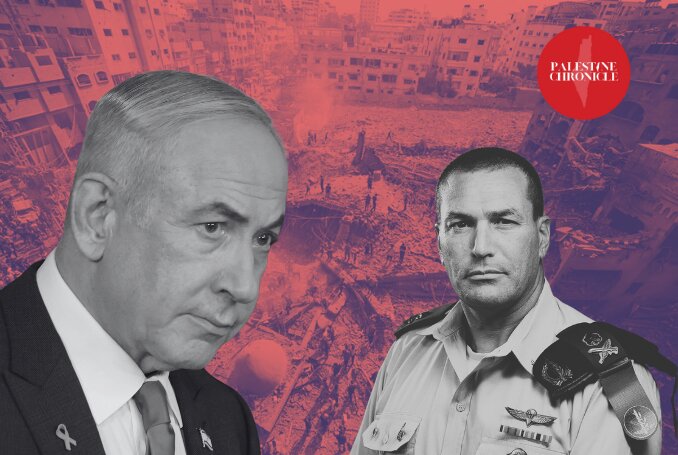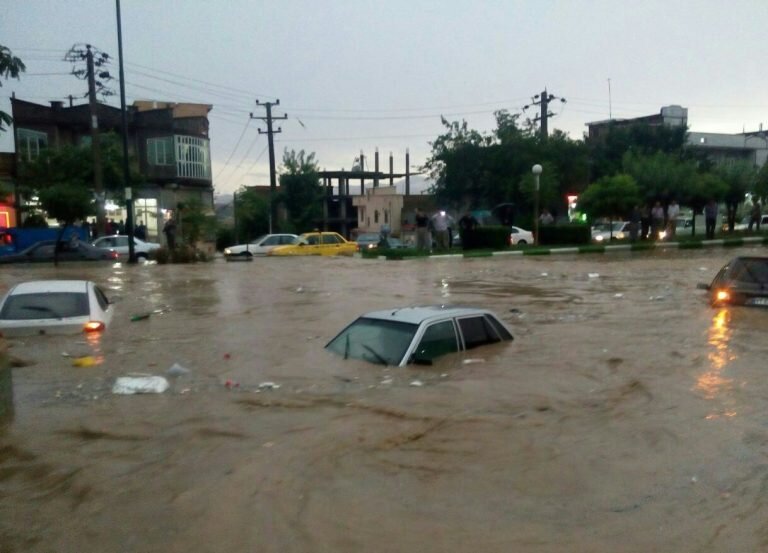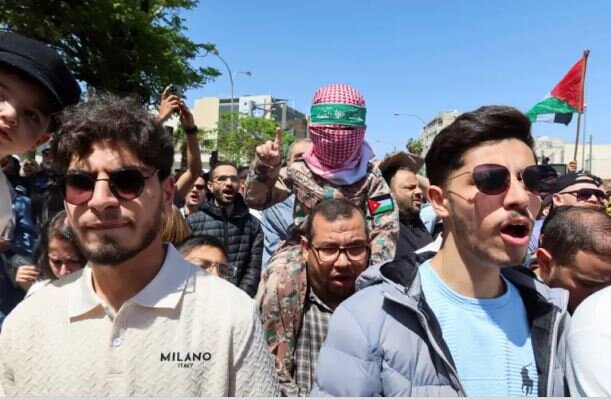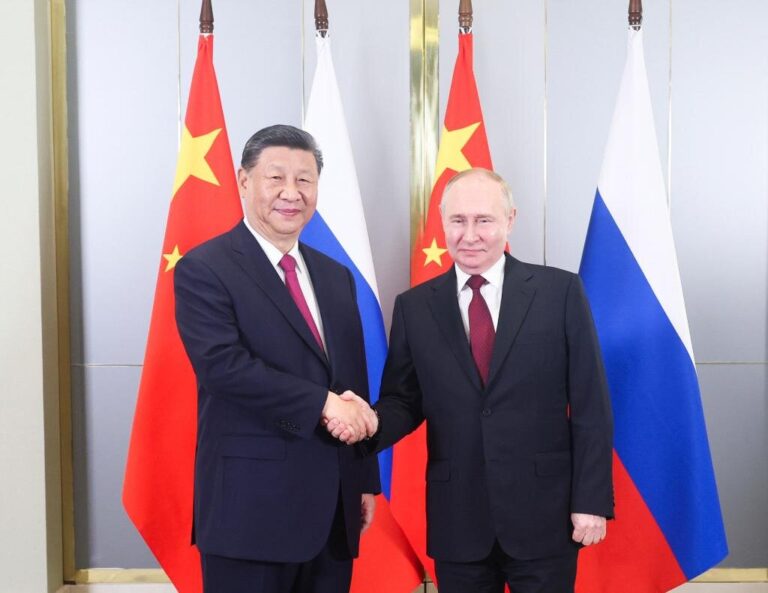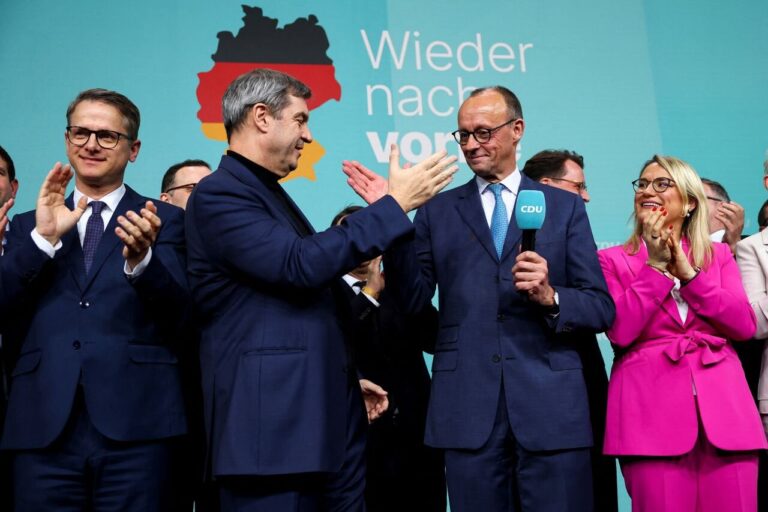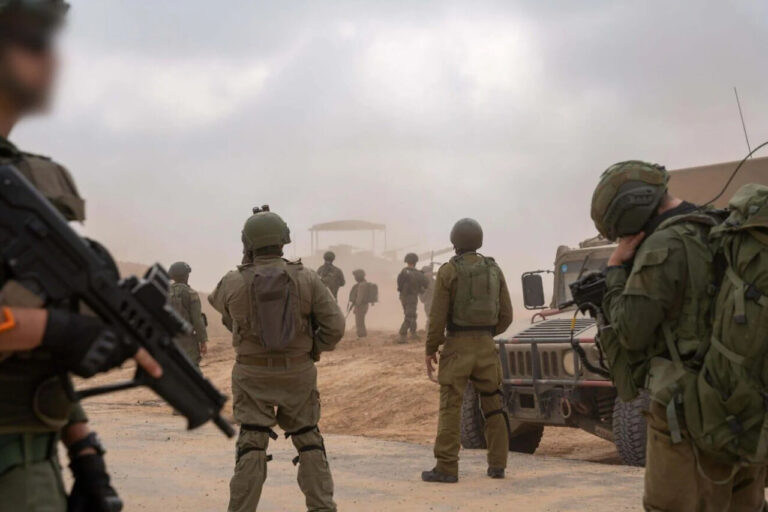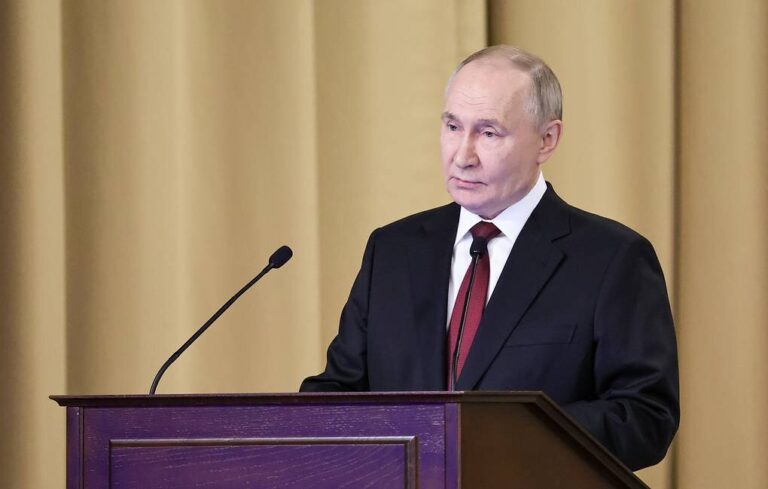Netanyahu’s Bold Move Against Reservists Sparks Deepening Divisions in Israeli Society
The ongoing Gaza war has captured global attention, highlighting not only Israel’s military actions but also revealing significant internal dissent from a unique source: the military reservists. As many of these reservists call for an end to the military operations in Gaza, Prime Minister Benjamin Netanyahu’s response has been marked by severe criticism and demands for their dismissal. This reaction underscores a more profound issue than mere governmental control during wartime; it reflects a widening gap between Israel’s ruling coalition and its esteemed military institutions.
Netanyahu’s push for punitive measures against dissenting reservists appears to be a calculated strategy, closely tied to his political survival and an effort to placate his far-right coalition partners.
Understanding the Role of Israeli Reservists
To comprehend the broader ramifications of the ongoing conflict, it is crucial to recognize the significance of Israel’s reservists. The Israeli Defense Forces (IDF) are often referred to as “the people’s army,” heavily reliant on a reserve force made up of citizens from various sectors, including:
- Doctors
- Technology professionals
- Farmers
- Academics
Following the Hamas attack on October 7th, Israel has witnessed one of the largest mobilizations of reservists in recent decades. These citizen-soldiers not only play a vital role in military operations in Gaza and beyond, but they also serve as essential intermediaries between the military and Israeli society, providing grounded and civic-minded perspectives on the conflict.
Some reservists have publicly expressed their opposition to the war, calling for its conclusion or questioning its objectives. Such sentiments, conveyed through internal communications or discreet public statements, should not be viewed as insubordination but rather as expressions of weariness or disagreement with military strategy.
In response, Netanyahu has reacted with force, demanding their dismissal to maintain cohesion and support for the military efforts. His stance indicates a zero-tolerance policy for dissent, perceiving these perspectives as threats to national morale and the war effort rather than as legitimate concerns from those actively serving.
Israel’s Democratic Image Under Threat
Netanyahu’s approach aligns with global populist trends, wherein leaders seek to consolidate power by marginalizing established centers of authority. The military elite, once regarded as untouchable, now faces scrutiny as potential scapegoats. By framing the reservists’ dissent as sabotage, Netanyahu strengthens his ties with his political base, which is increasingly influenced by religious, nationalist, and settler ideologies.
The message is unmistakable: loyalty to the state now equates to loyalty to the current government.
Israel has long prided itself on its democratic principles in a volatile region. However, when high-ranking military personnel are penalized for voicing their opinions, the façade of democracy begins to erode. The Netanyahu administration’s intolerance for domestic criticism signals a shift toward authoritarian governance, equating opposition with treason. This development poses challenges for international support; allies may struggle to reconcile their backing of Israel with its apparent internal repression.
Divisions in Israeli Society
Recent actions by Netanyahu have illuminated significant divides between his government and various segments of Israeli society, particularly the military. This situation raises concerns about national unity.
Netanyahu’s involvement in military affairs, especially regarding the opinions of soldiers rather than addressing genuine misconduct, is slowly eroding trust. Reservists feel that their commitment is being politicized, which may harm their morale and diminish their willingness to serve in the future. This issue could also tarnish the Israeli military’s reputation for neutrality, fostering distrust among soldiers.
Another aspect of this dilemma is the widening gap between Netanyahu’s government and critical societal groups, including:
- Professionals
- Academics
- Technology experts
Prior to the conflict, these groups protested against judicial reforms. Now, they express concern over Netanyahu’s leadership and alliances with far-right factions. There are fears that the government is drifting away from democratic ideals and sound policy-making. By dismissing these apprehensions and imposing harsh penalties on dissenters, Netanyahu risks alienating these essential communities.
These sectors are crucial for Israel’s economy and military strength. While many of Netanyahu’s supporters may distrust elite groups—rendering his actions popular among those factions—this approach only deepens divisions within the country.
Potential Consequences and the Way Forward
The disconnect between military leaders and the government is evident. The IDF requires stringent protocols; however, top commanders understand the importance of retaining skilled soldiers. Many reservists, particularly from elite units, harbor doubts about the war’s strategic direction. Some commanders may share these concerns, leading to potential conflicts between leaders focused on long-term success and a government fixated on short-term political gains.
The ongoing hostage crisis exacerbates the situation. Families of hostages held by Hamas are frustrated, believing Netanyahu is prolonging the war to safeguard his position rather than prioritizing the release of their loved ones. Penalizing soldiers advocating for peace—seen as essential for negotiations—only heightens these families’ feelings of neglect.
Ultimately, Israel faces a challenging choice. The nation can either continue enduring internal strife and become increasingly isolated or strive for peace and restore trust in its democratic framework. How Israeli leaders navigate this challenge will significantly impact the country’s stability and shape global perceptions of Israel. Furthermore, these decisions will influence Israel’s relationships with key international allies, with potential long-lasting effects on its future both domestically and abroad.
